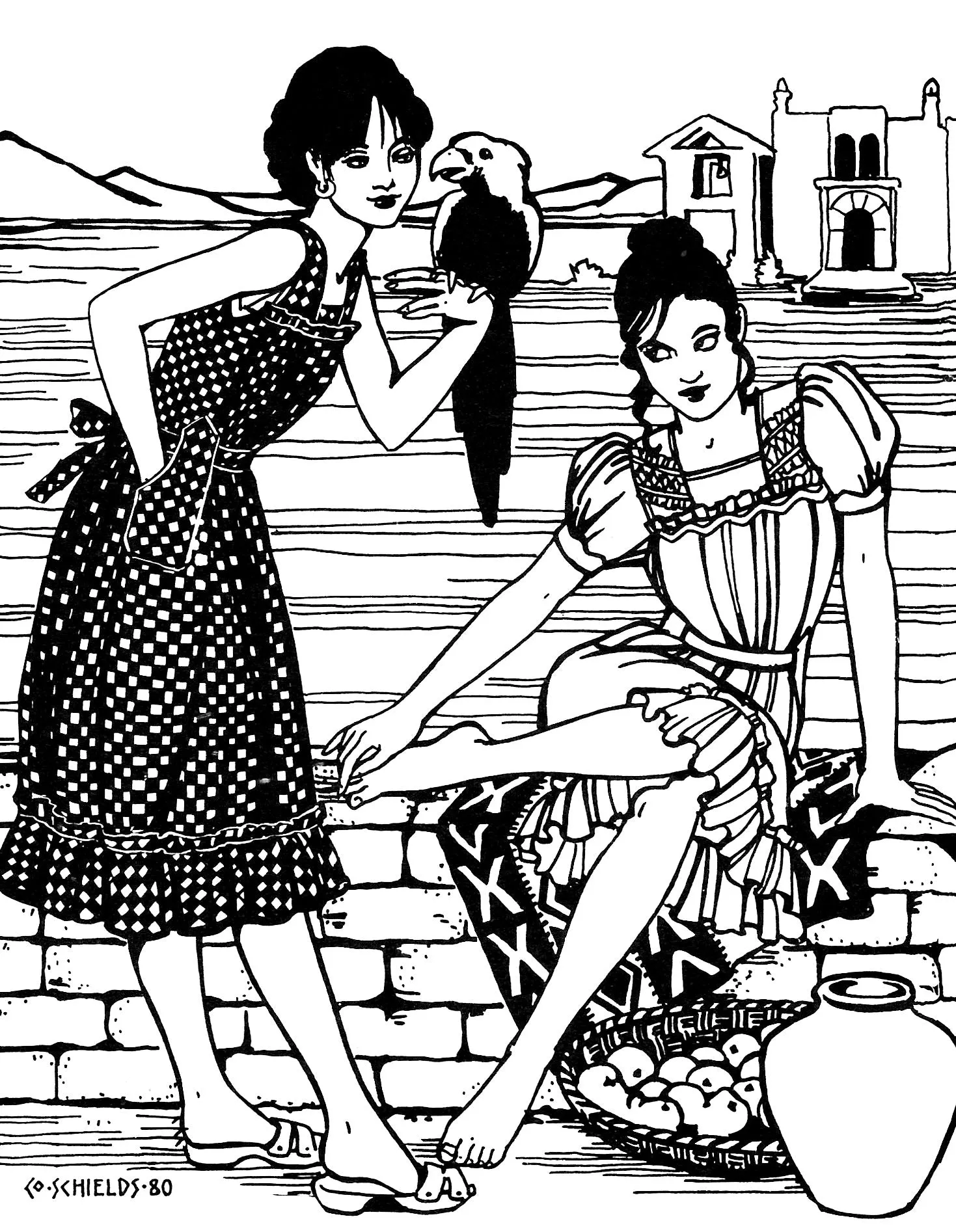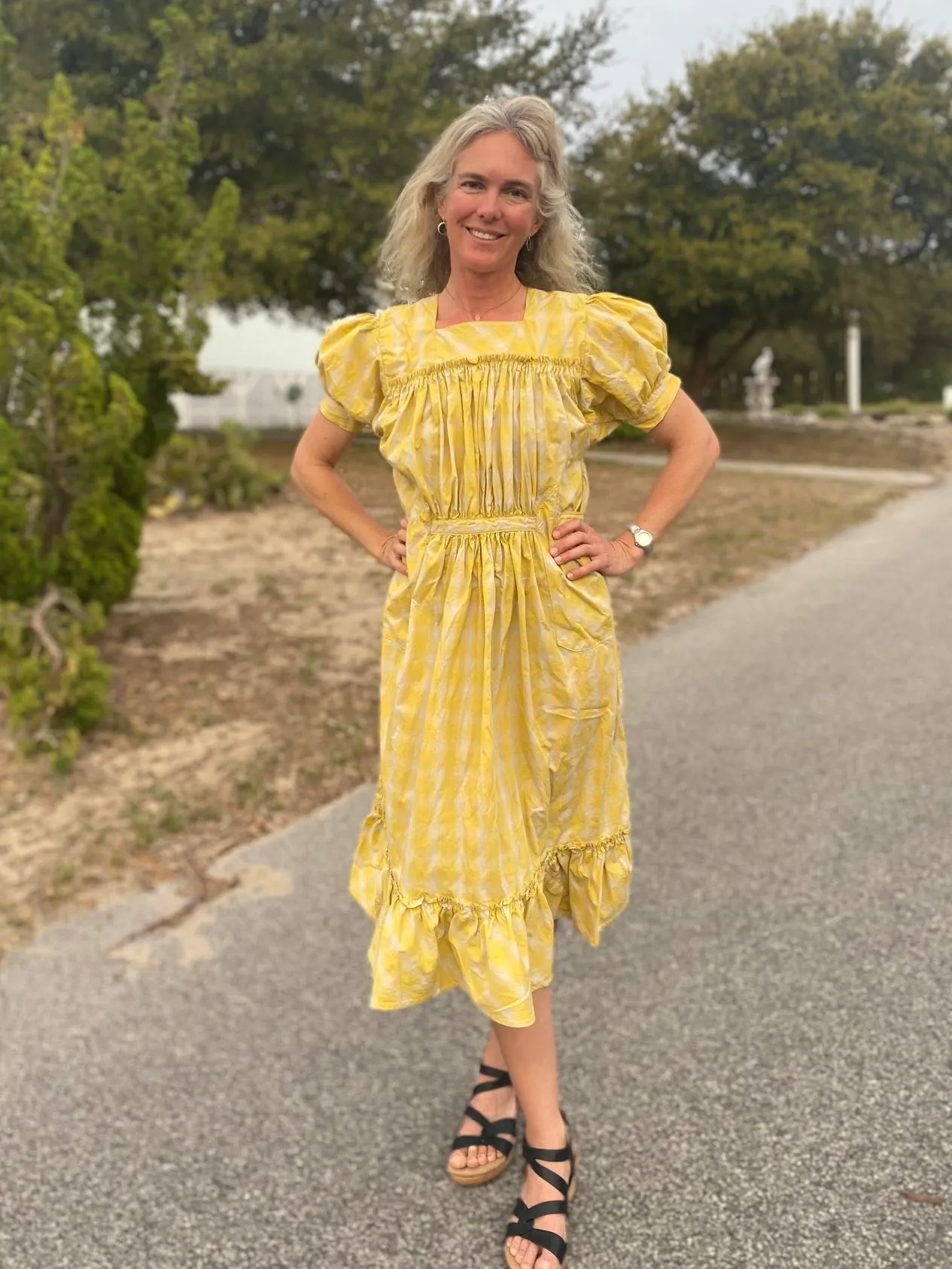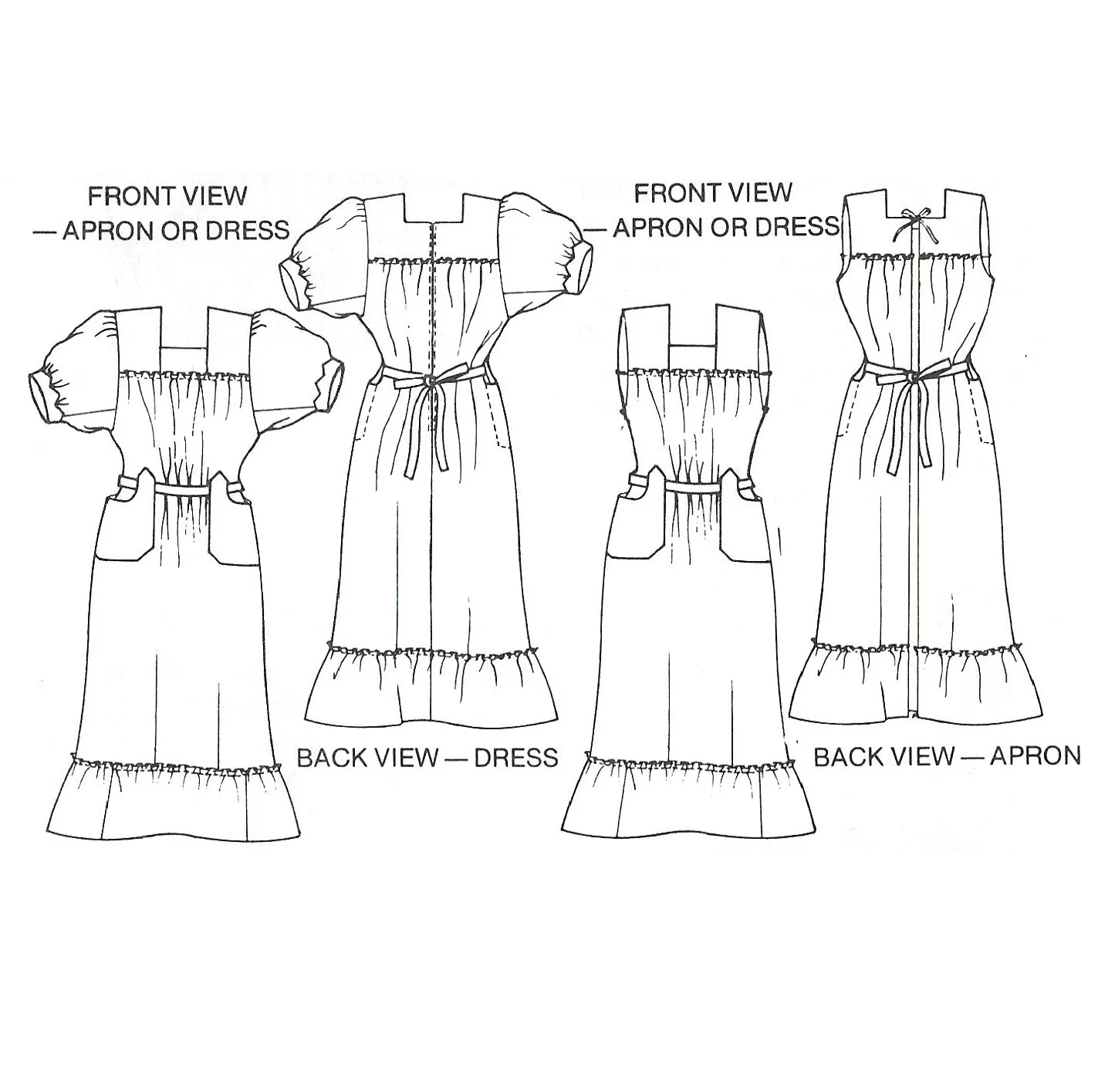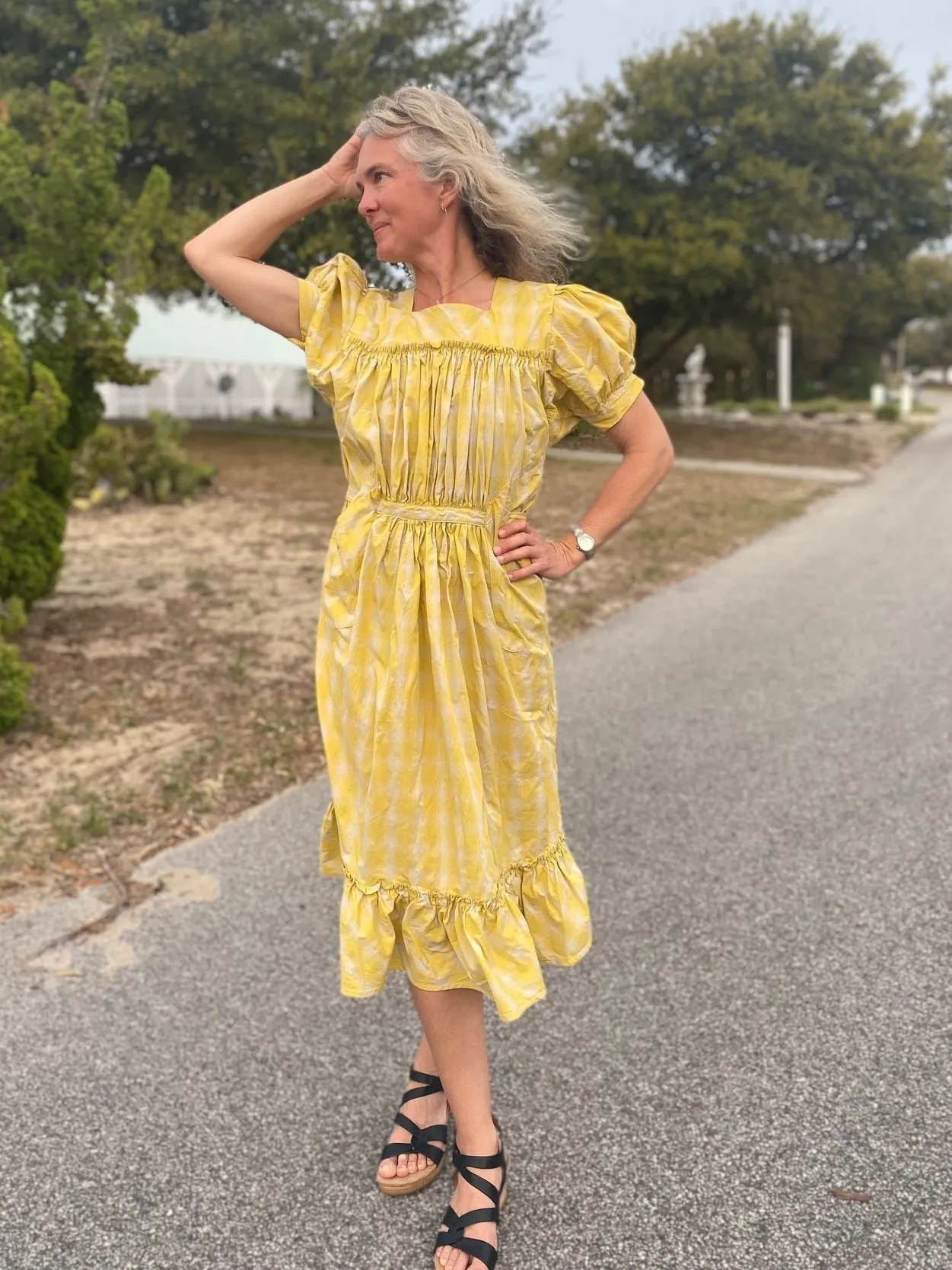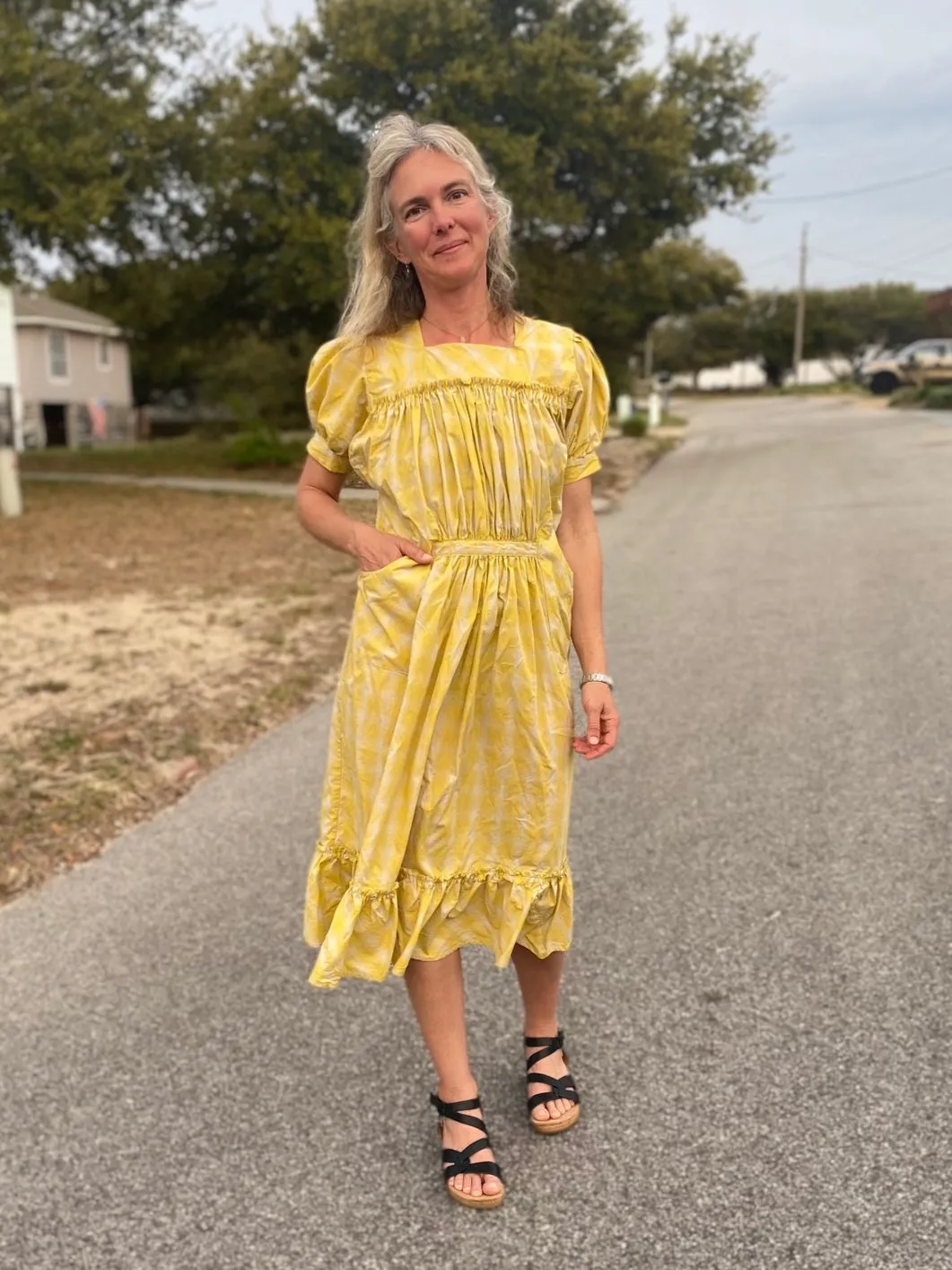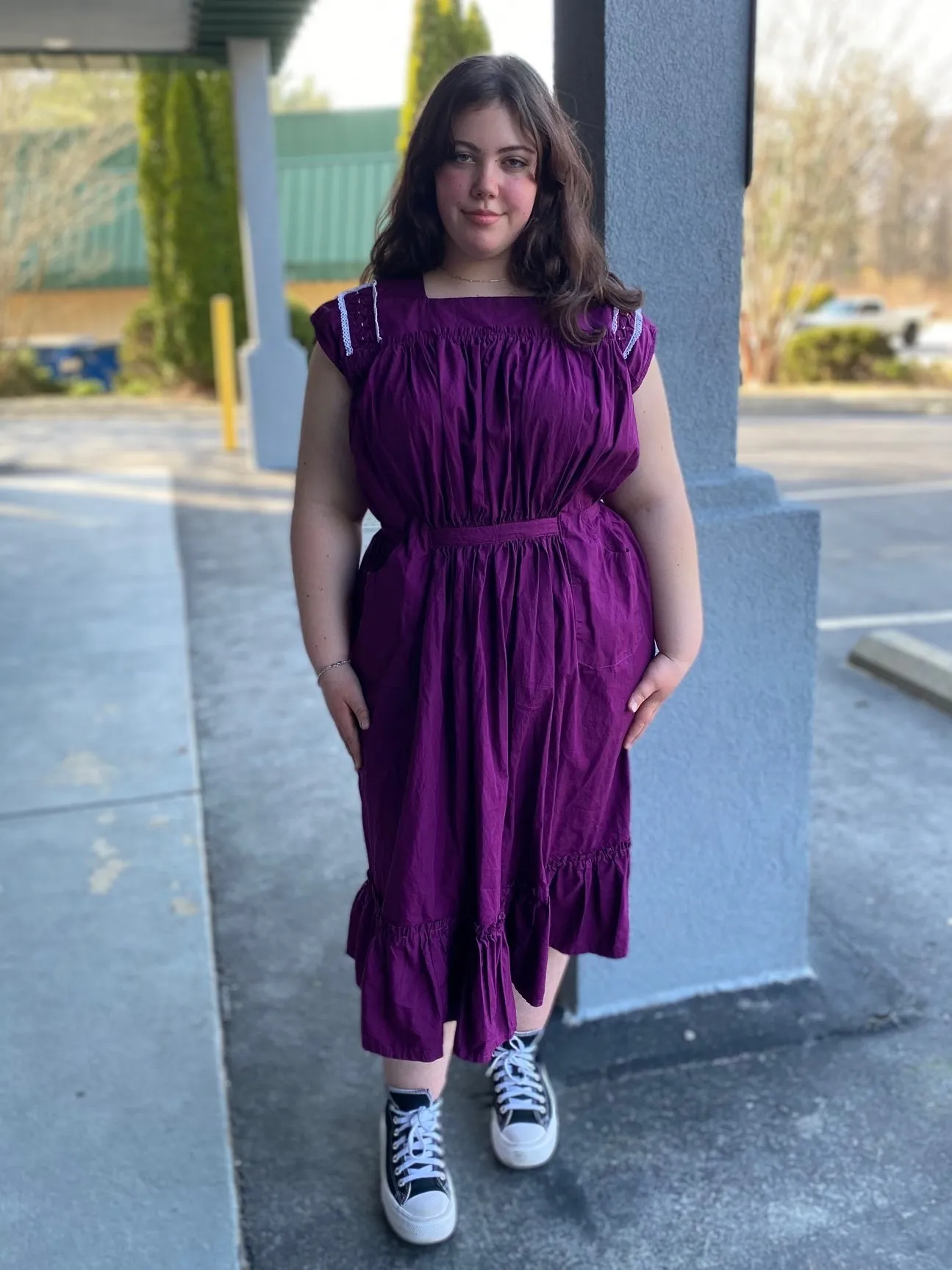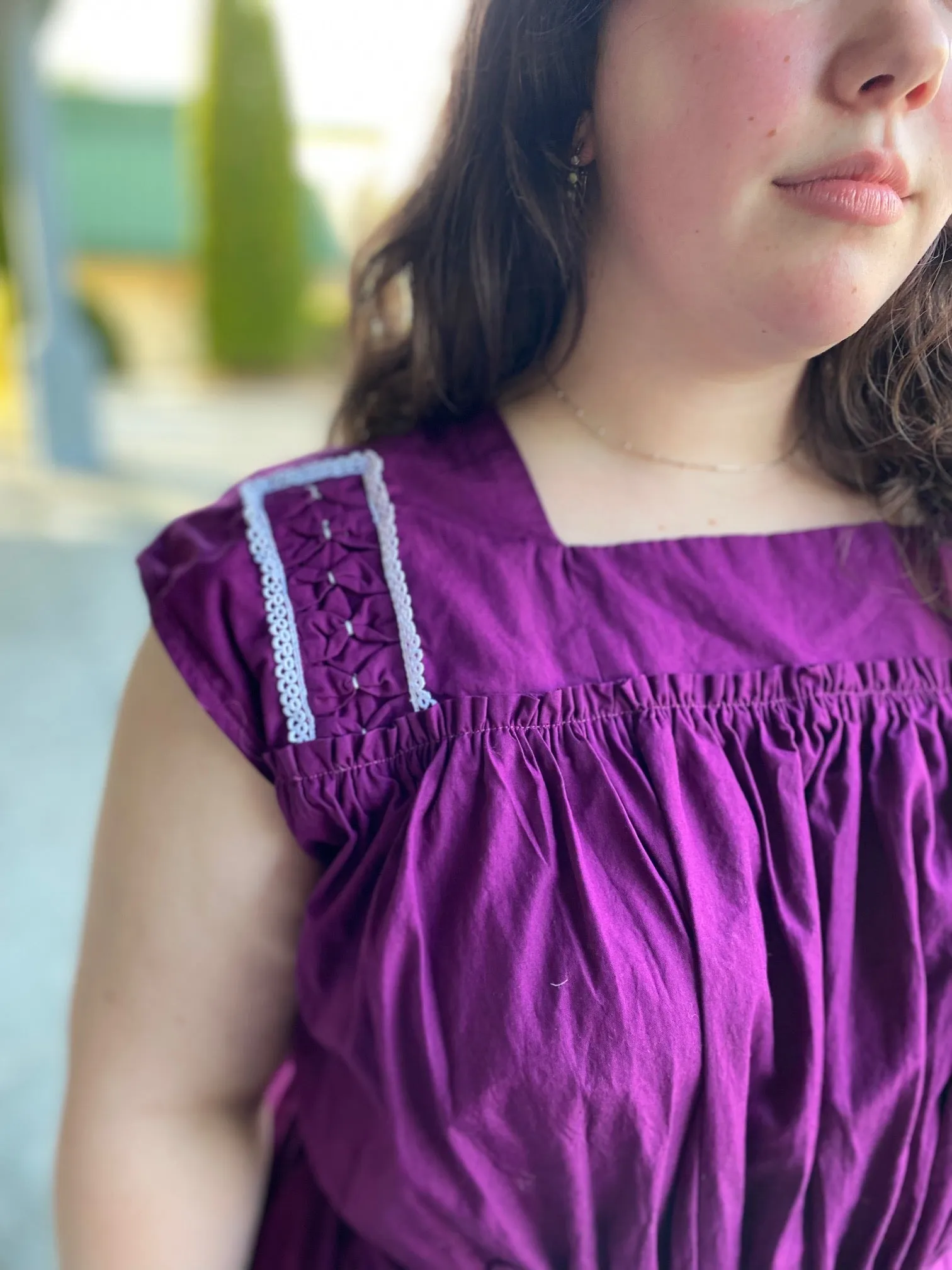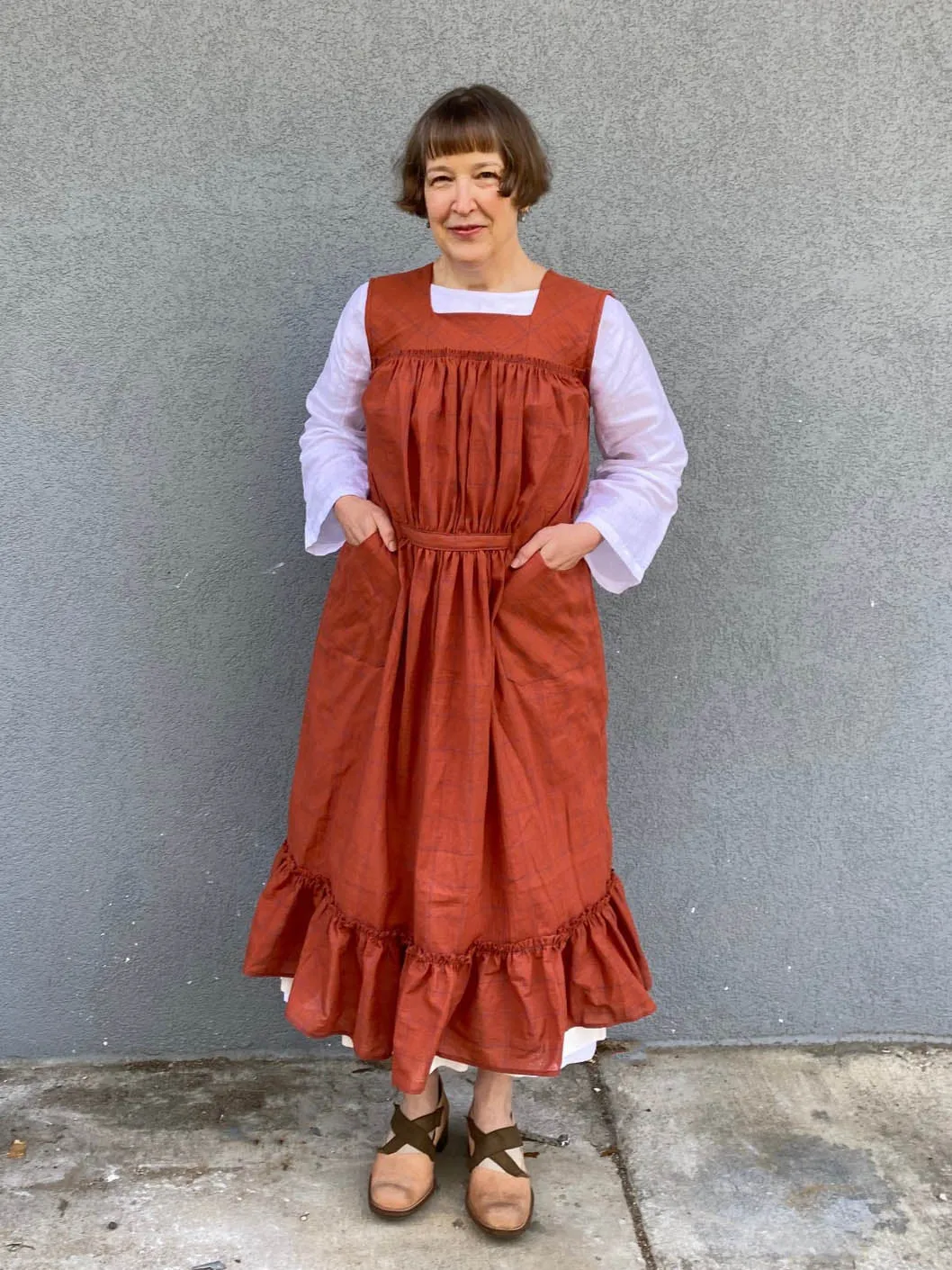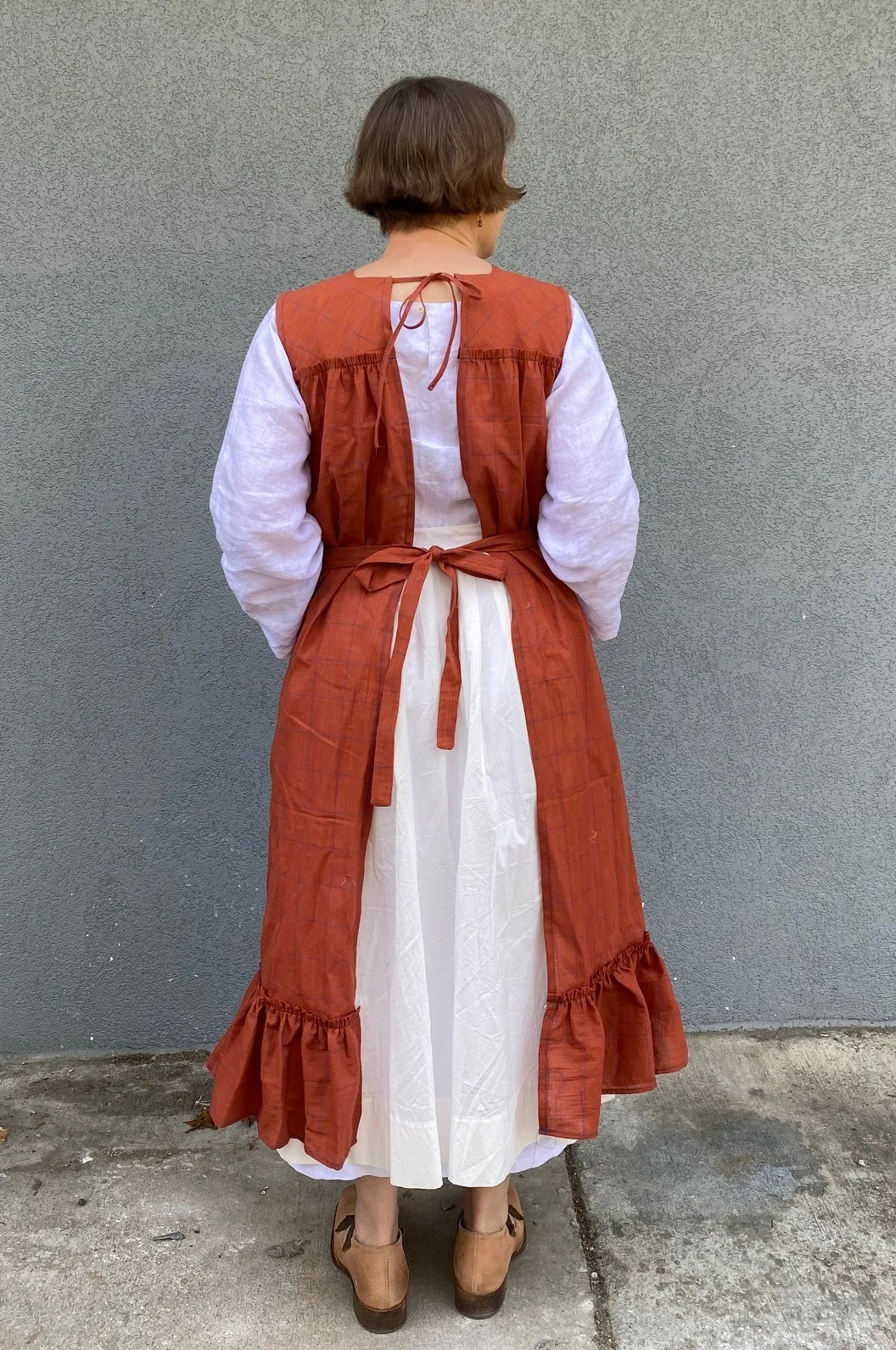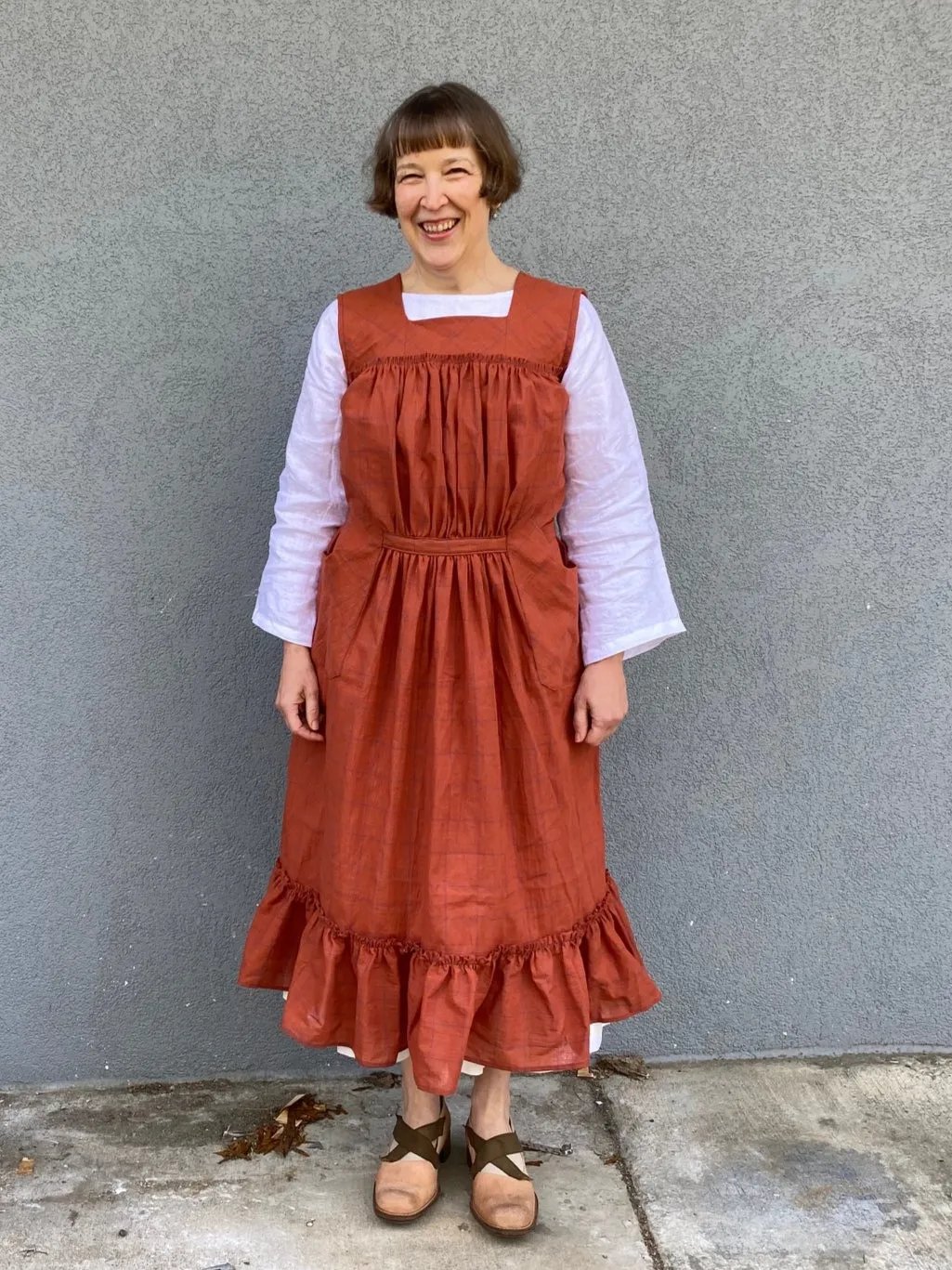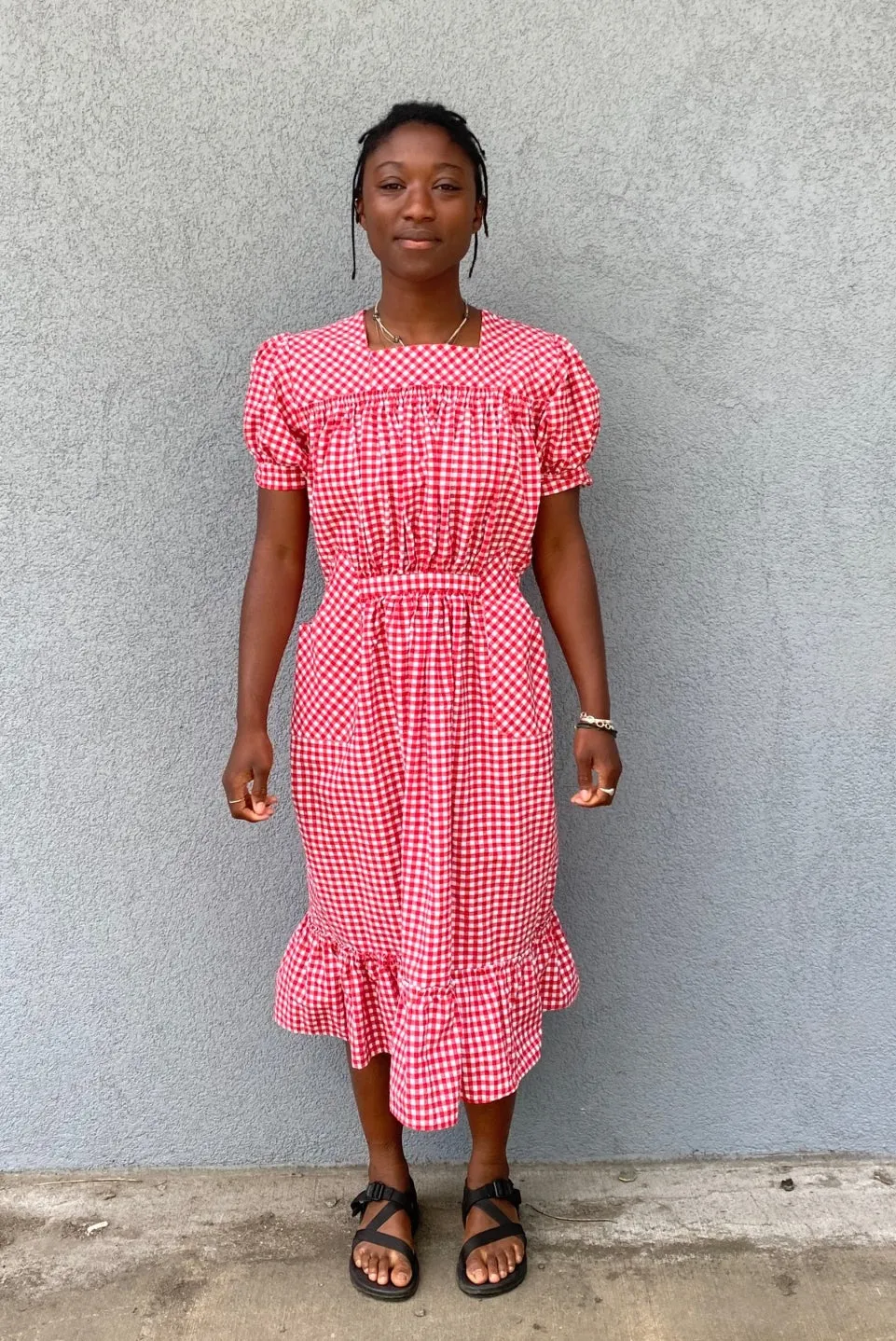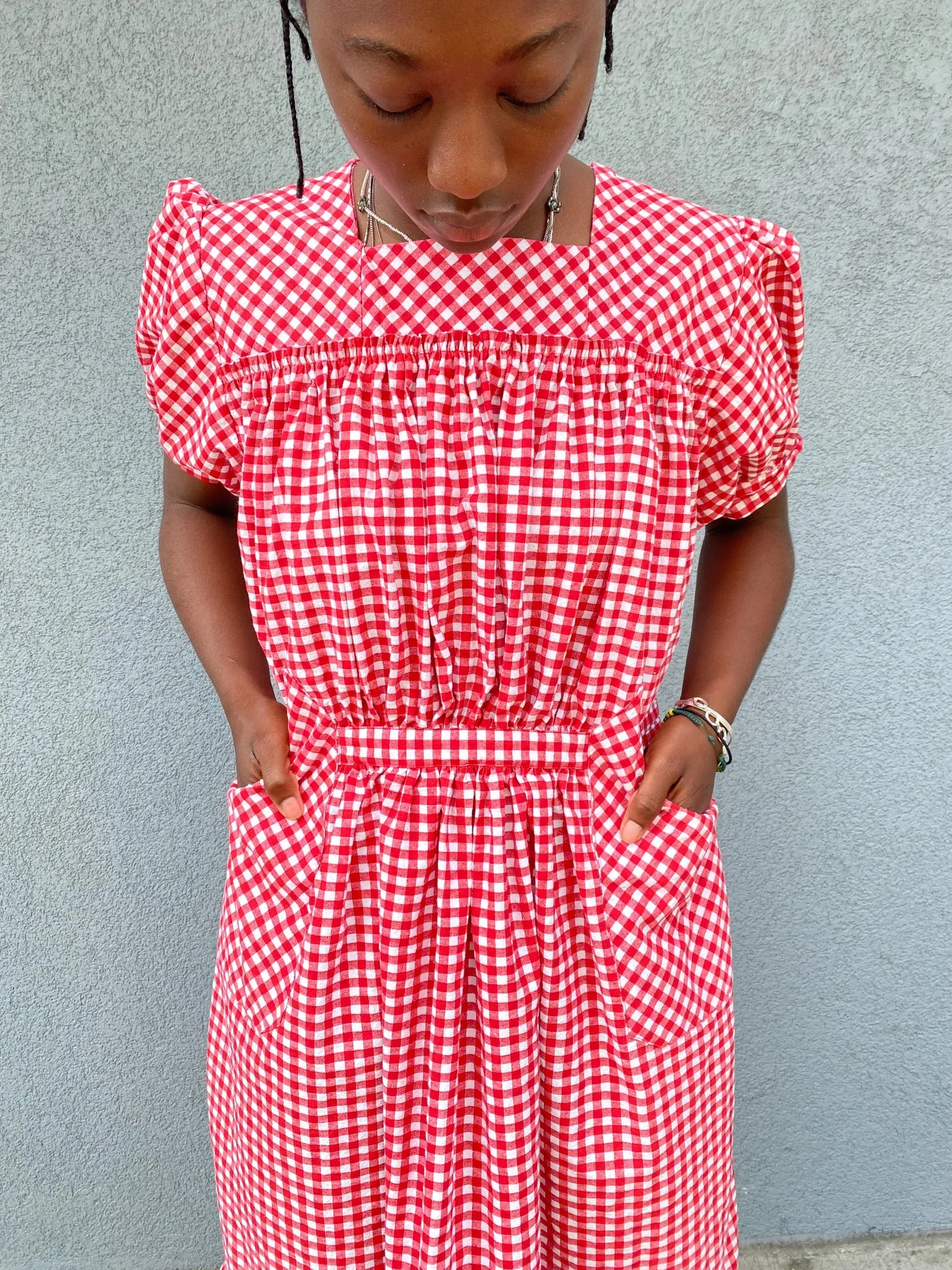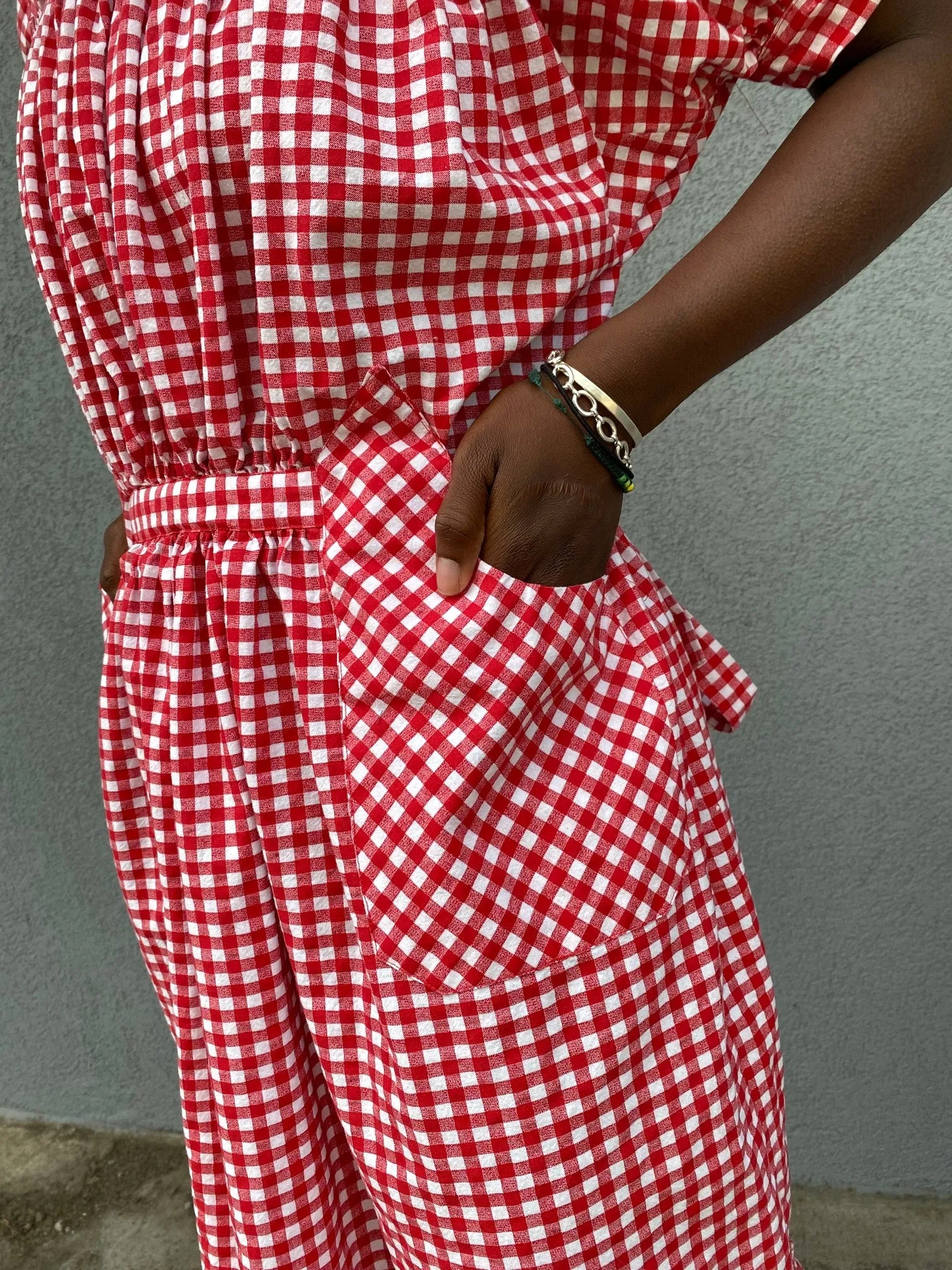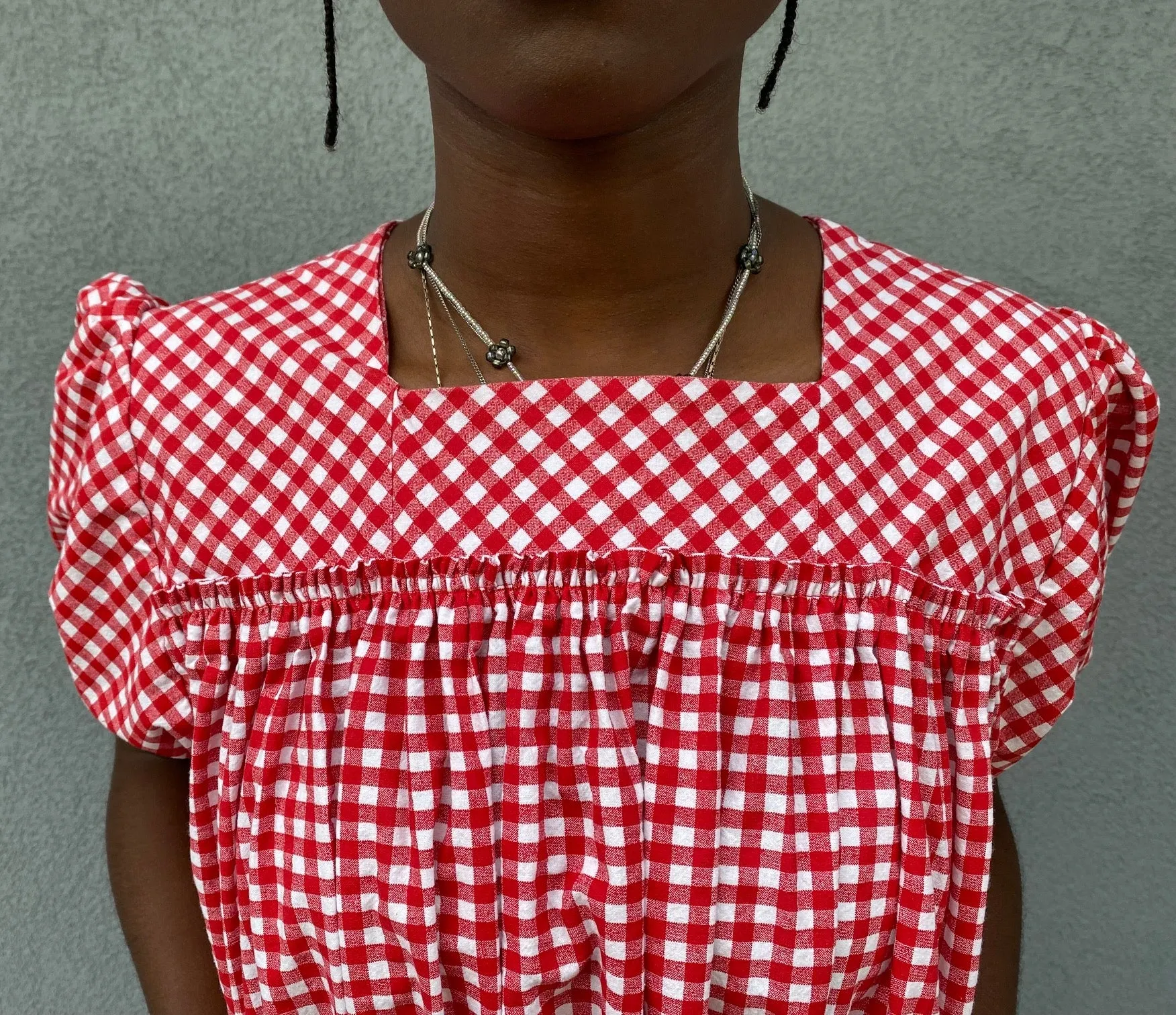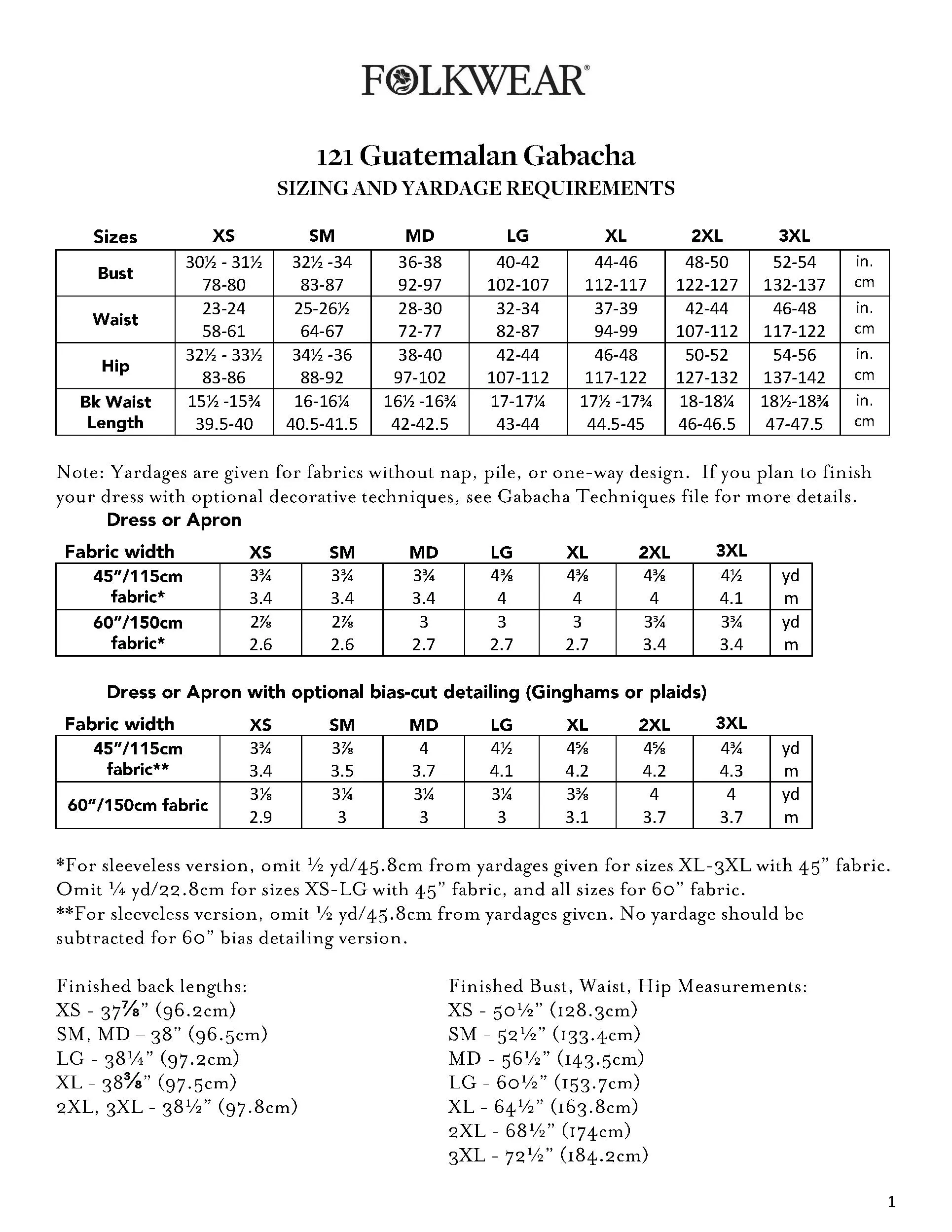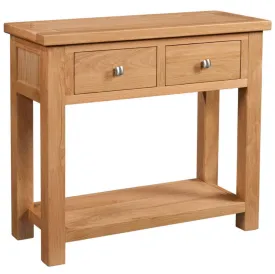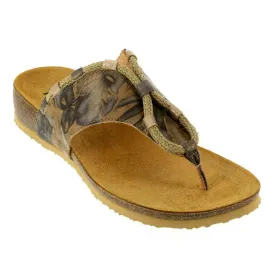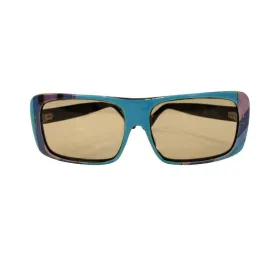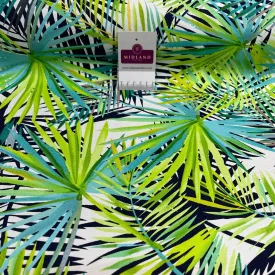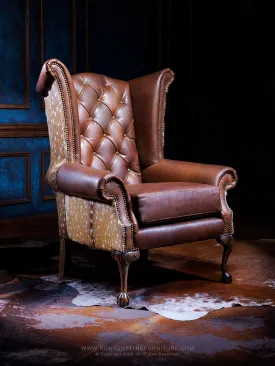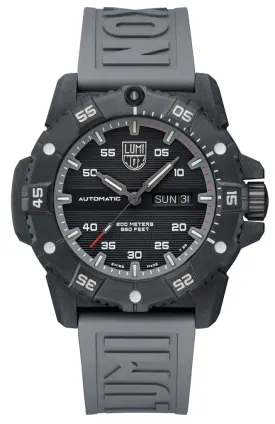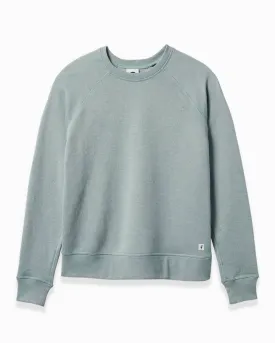Sizes XS-3XL.
Worn by women in the home and marketplaces, this pert pinafore sewing pattern has puffed sleeves with either a narrow straight cuff or decorative shaped cuff; or it may be worn sleeveless. For contemporary wear, our dress version closes at center back with a zipper. The Dress is gathered at front waist with a tie belt that emerges from shaped pockets. It also gathers at the square yoke in front and back and falls to street length, finishing with a hem ruffle.
This sewing pattern includes instructions for the authentic open-backed apron. To make an authentic version, use gingham or plaid. Cut yoke, cuffs, pockets, ruffle, and optional handwork on the bias. Finish with contrasting braid if desired. Simpler versions do not require bias yardages and can have simple finishes.
European immigration between 1900-1930 to the Quetzaltenango area added new styles and techniques to the extraordinarily rich textile tradition of Guatemala. In the late 20th century, the town of Cantel boasted the largest textile mill in Guatemala, producing ginghams, plaids, and other practical fabrics for all domestic uses. This brightly colored fabric was fashioned into Gabachas, or full aprons, with the yoke, cuffs, pockets, and ruffle cut on the bias to provide decorative contrast. Braid trim was frequently added, and the yokes were sometimes embellished with simple tucking techniques.
This is pattern is available as a PDF pattern and a Paper pattern. Pick the pattern format you want from the drop down menu.
Suggested fabrics: Light to medium weight cotton or blends; rayon; linen; silk. Gabachas were traditionally made in cotton ginghams and plaids, with yoke, pockets, cuffs, and ruffle cut on the bias as a decorative treatment.
LEARN MORE:
- .
- (how to make the puffed sleeve, gusset, and cuff).
- , decorative techniques for the gabacha.




